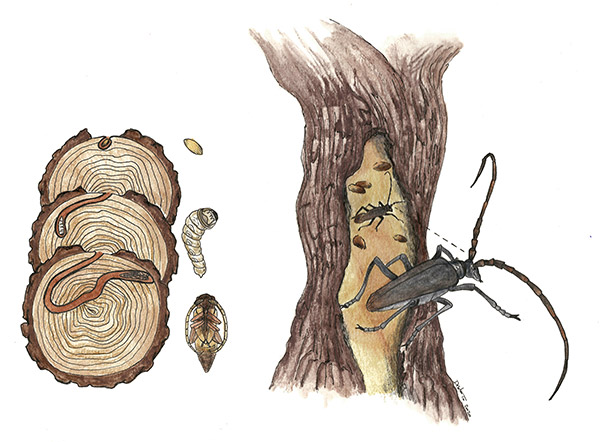In winter everything is at rest and the garden requires very little care. However, there are some small activities that we should do in view of the arrival of next spring. Here are some small suggestions:
But what to do in this period to help your garden and your guests? Here are some simple tips for you:
- In protected places, you can already carry out preventive sowing of some plants.
- At the end of winter, before spring blossoms, we advise you to do all the trimming. This is the best time, now that the sap is stopped. If instead you trim your plants in the late spring, when the lymph circulation will be reactivated, you will cause the "bleeding" in correspondence to the area of the cuts, from where the liquid will flow.
- Remember: make sure that snow does not collect in excess on the branches of trees and shrubs, damaging them with its excessive weight. We recommend you to regularly shake off the snow from the branches of trees, shrubs and hedges.
- Clean and grease your gardening tools and get your seeds ready for the next spring season.
- Protect the most fragile and delicate plants from winter and secure the pond from frost, clearing it from the ice. In addition, we advise you to remove snow from ice places, to allow light to filter.
- Properly supply your mangers and spread greedy food on the ground. We suggest you to combine the availability of seeds, with pieces of apple and other fruits.
- Towards the end of winter, when the snow has melted, begin to spread compost on your flowerbeds and continue to provide food for the birds, both on the mangers and on the ground, they still need it!
- We also advise you to minimize any trampling of the lawn: if the terrain is frozen, you could damage it.
- In winter, do not touch the stumps and trunks of dead plants, leave them entire on the ground. They may contain many caterpillars, chrysalises and larvae of xylophagous insects.
- Absolutely avoid digging the ground in winter, unless it is strictly necessary: many chrysalises spend the winter period underground.
